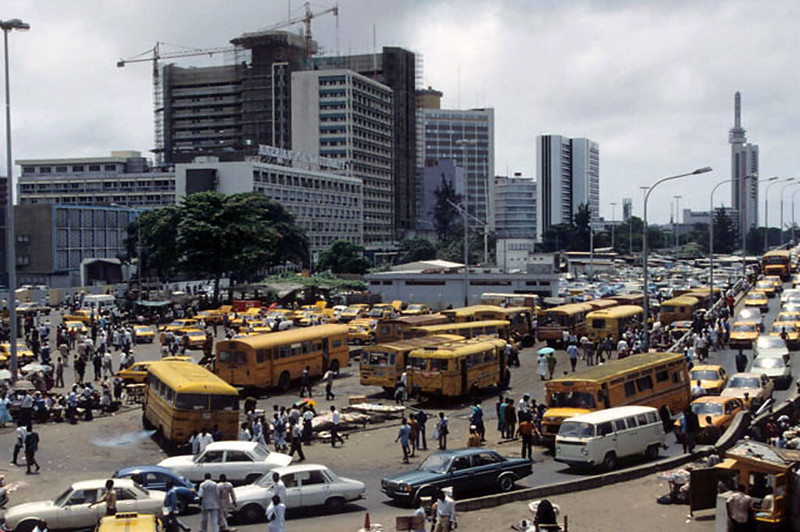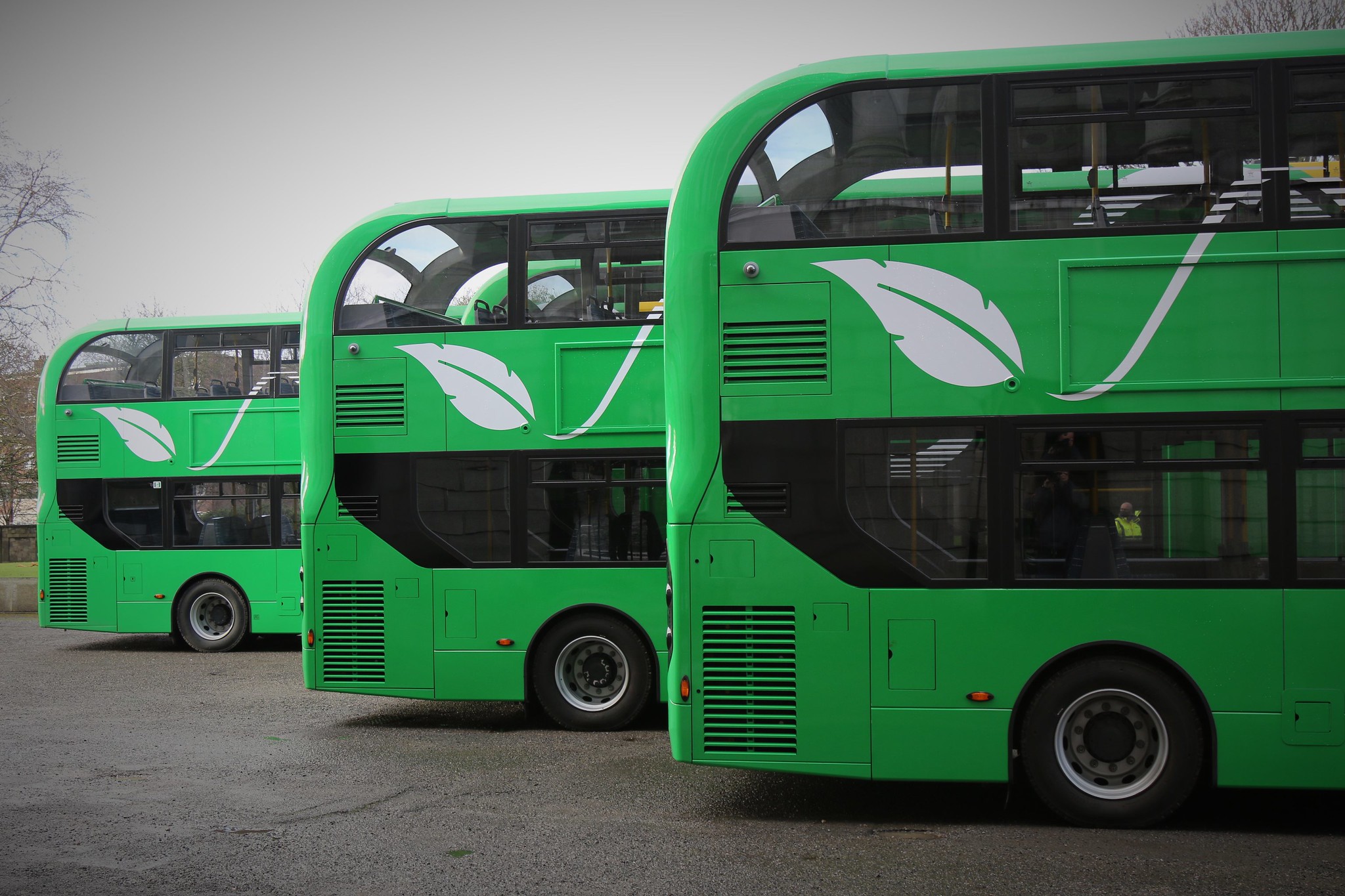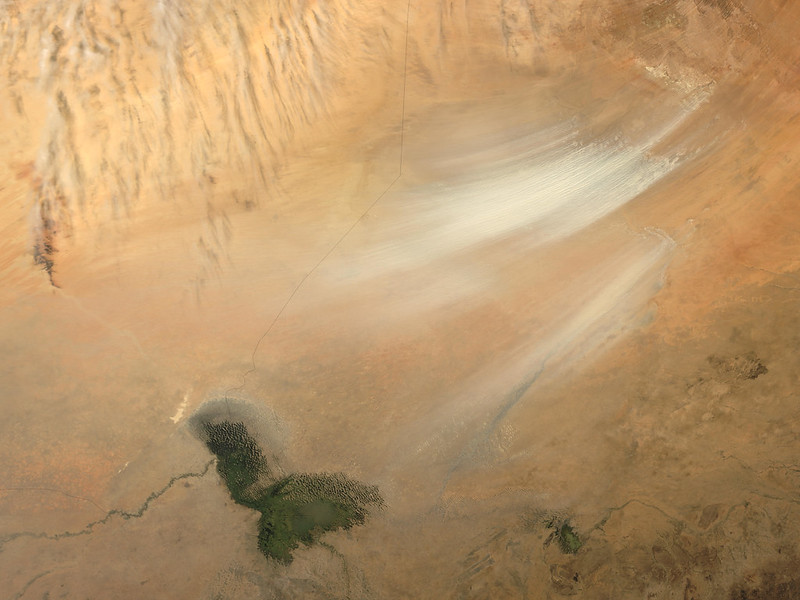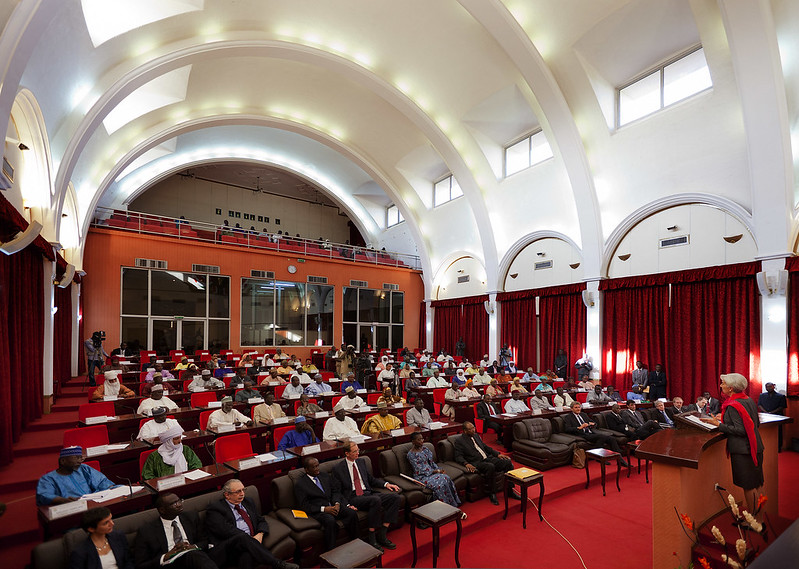The #EndSARS protest shook Nigeria in 2020 and its ramifications are still being felt across the country, write Ernest Toochi Aniche and Victor Chidubem Iwuoha.
The #EndSARS protest which began on 8 October 2020, began as a peaceful protest to disband a special unit in the Nigeria Police Force (NPF) called the Special Anti-Robbery Squad (SARS). The protest gained popularity on social media via hashtag #EndSARS. People took to the streets in cities across Nigeria, but the Lekki Toll Plaza in Lagos State because it’s physical capital. Despite government responses to the demands of the protesters, the protest increased in intensity and spread across the country.
From virtual to physical protest
The initial cause of the #EndSARS protest was a video that went viral on social media. SARS officers were filmed physically assaulting and shooting a young Nigerian on 3 October 2020, in Ughelli, Delta State. The hashtag EndSARS began to trend on social media until the first physical protest on 8 October 2020 in Lagos.
On 11 October 2020, protestors released a list of five demands to the Nigerian government: the immediate release of all arrested protesters; justice for all those who died through police brutality and appropriate compensation for their families; an independent body to investigate and prosecute all reports or complaints of police brutality within ten days; independent psychological evaluation and retraining of disbanded SARS officers before they can be redeployed; and adequate increase in the salaries for officers of the NPF as appropriate incentives for carrying out their constitutional duties of protecting lives and properties.
The immediate response by the Inspector General of Police was to ban SARS and other special police units from patrolling and mounting roadblocks and directed that SARS officials should henceforth wear their uniforms so that they could be identified. The Nigerian government eventually responded by setting up the Presidential Panel on Police Reforms which approved the five demands. Due to the protestor’s lack of trust that the government would do as it said, the protests continued and demands became more political and constitutional reforms demanded that went beyond how the police operate.
[WU1]Lagos
The monsters you made
Although the protest was a decentralised social movement, it was well coordinated. Protesters were able to remain peaceful and non-violent despite provocations and infiltrations by government-sponsored thugs. The protestors prevented opposition political parties and politicians from hijacking the protest and resisted the ruling party or government’s attempts to infiltrate and compromise protesters in the guise of negotiation.
The protest was coordinated through various social media platforms, helpline centres, and an online radio station called Soro Soke (a Yoruba phrase that suggests speaking up). Through these means, celebrities (such as DJ Switch, Burna Boy, Davido, Seun Kuti, Genevieve Nnaji, Falz, Mr Macaroni, and others), encouraged and emboldened Nigerian youths to speak up against all forms of police brutality. Burna Boy’s hit track ‘Monsters you made’, was just released before the protest trended on social media, particularly Twitter. This hit track trended on social media (twitter) during the protest because it reflected the condescending manner government and its agencies treated the protesting youths.
The protest brought together celebrities, political activists, and non-state actors in support of the protest. Even the then boss of Twitter, Jack Dorsey, openly declared his support for the protest, and international governmental organisations including the United Nations condemned the use of what it described as the excessive and disproportionate use of force by Nigerian security forces against peaceful protesters.
From peaceful to violent protest
In response, the Nigerian government tried to politicise the protest. They deployed a divide-and-rule strategy based on ethnicity and religion. As the protest grew organically online, the government resorted to strongarm tactics.
The government tried to quell the peaceful protest through the use of tear gas, water cannons, and even live bullets. It sponsored thugs and recruited hoodlums to infiltrate and discredit the peaceful protest to make it appear violent to fulfil the rules of engagement as a justification to use force, and a twenty-four-hour curfew was imposed by various state governments.
Things culminated on 20 October 2020 at Lekki Toll, considered a rallying point in Lagos that was known for its police harassment. The Nigerian Army opened fire and killed between twelve and fifteen people. The disconnection of the CCTV and streetlights a few hours before the shooting is an indication that it was pre-planned.
After the Lekki ‘Massacre’ the protest turned violent when it was finally hijacked by hoodlums who unleashed mayhem. There were massive looting, arson, and wanton destruction of public and private properties. Several police stations were burnt down, and many security agents (especially police) were killed.
To avoid the recurrence of #EndSARS protests, there is a need for comprehensive police reform in Nigeria to drastically reduce cases of police brutality and avert future protests including Improving the general welfare of police, adequate funding for police, and constant training and re-training of the police on human rights.
This blog is based on the articles Beyond Police Brutality: Interrogating the Political, Economic and Social Undercurrents of the #EndSARS Protest in Nigeria and Protests and blood on the streets: repressive state, police brutality and #EndSARS protest in Nigeria.





